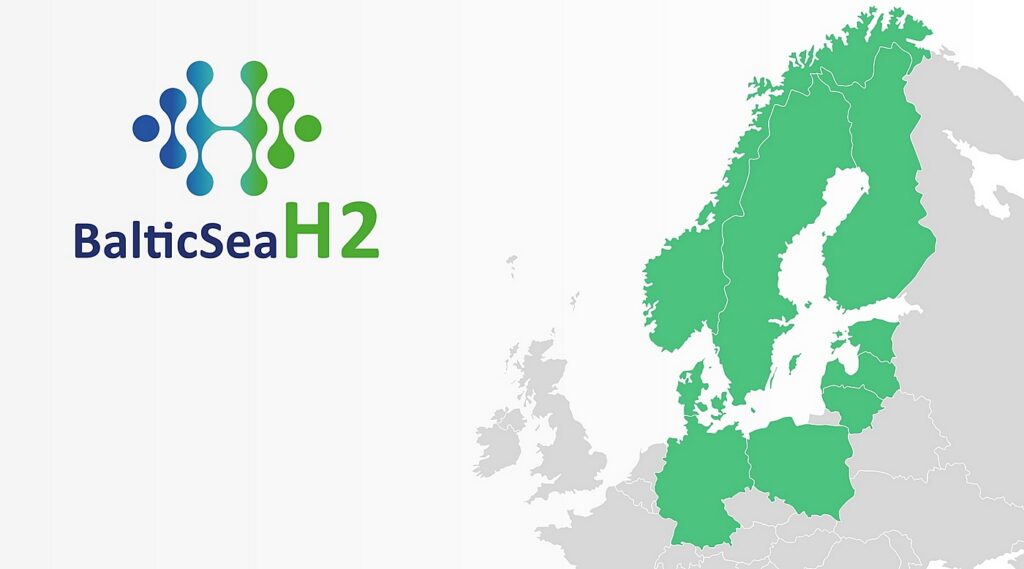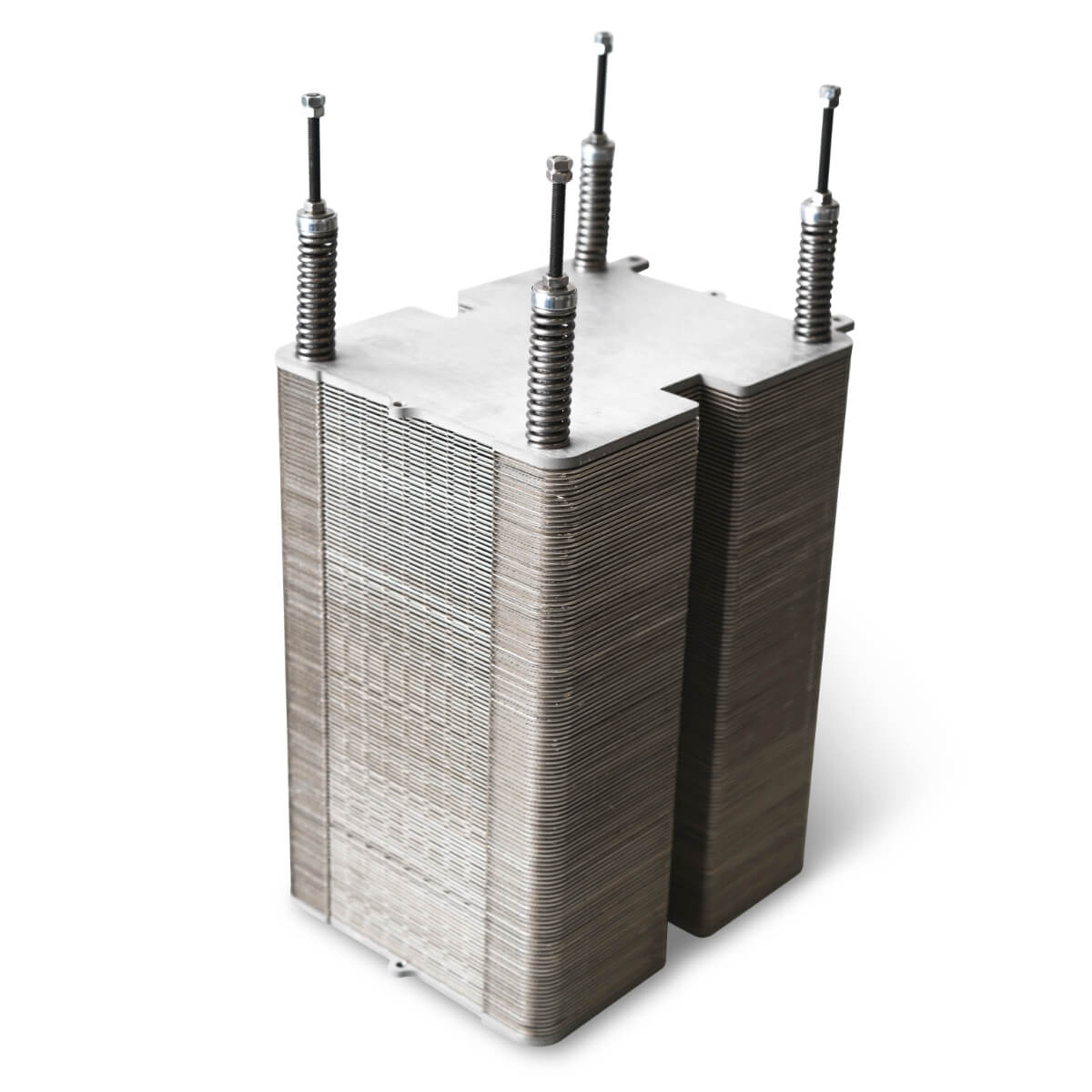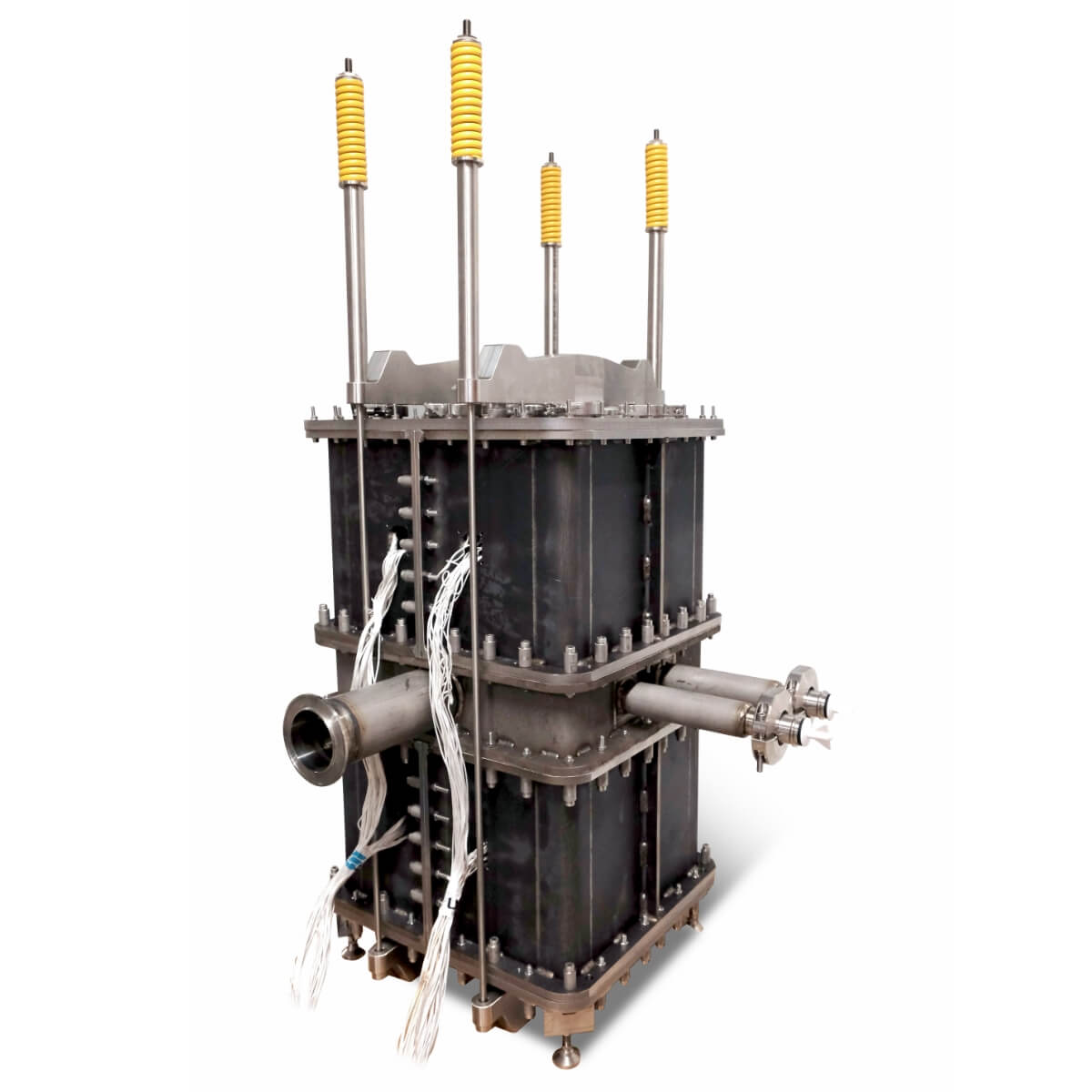Could the Baltic Sea states unlock Europe’s green hydrogen future?
Green hydrogen has the potential to replace fossil fuels in hard-to-decarbonise sectors like steelmaking, heavy transport, power generation, and chemical production. But the future of a sustainable green hydrogen economy hinges on several interconnected factors, each one a prerequisite for the large-scale transition to hydrogen as a clean fuel.
ONE…
To secure a robust green hydrogen economy in the near future, one of the first and most crucial requirements is substantial investment in renewable electricity. Green hydrogen is entirely dependent on clean power sources like wind and solar. Therefore, scaling up renewable energy capacity to a level where a consistent surplus exists is fundamental. This surplus will ensure the cost-effective production of hydrogen through electrolysis. Without this, the economics of green hydrogen production will remain prohibitive and hinder the growth of the sector.
TWO…
However, electricity alone isn’t enough. Reliable and predictable demand for this green electricity is equally critical. In the absence of stable offtake, surplus electricity leads to price volatility, undermining the economics of clean energy production. During periods of peak generation, this can even cause the “cannibalisation effect,” where renewable energy producers are forced to accept lower prices for electricity as supply outstrips demand. This inconsistency in pricing creates a challenging investment climate.
THREE…
Enter hydrogen pipelines. A well-developed pipeline network serves as a game-changer, creating a reliable, scalable market for hydrogen produced from surplus renewable energy. This infrastructure smooths out fluctuations in electricity prices, offering both investors and producers the stability needed to make long-term investments in green energy. The emergence of such infrastructure not only stabilises pricing dynamics but accelerates market confidence, providing the demand pull necessary to sustain and expand clean energy investments.
Once a stable demand for hydrogen is established, the renewable electricity sector can thrive without continued reliance on government subsidies. The inevitable result? Increased investor confidence and greater capital inflow into clean energy initiatives, which propels the industry to new heights.
FOUR…
At the same time, long-term political stability and predictability are non-negotiable. Clear, enduring policy frameworks are essential to incentivise large, long-term infrastructure investments. These policies must extend beyond the short-term whims of election cycles and offer certainty to companies taking significant financial risks to build the future of clean energy.
Exemplary Finland
Finland is currently demonstrating how these critical elements can be aligned, with a stellar example being the BotH₂nia Hydrogen Valley. This initiative spans Finland’s western coastline and includes over 70 players from five coastal areas. By 2030, the region plans to produce 350,000 tonnes of clean hydrogen annually. The success of the BotH₂nia Hydrogen Valley is no accident; it’s a product of Finland’s abundant wind power resources and a stable, forward-thinking policy environment, providing a strong foundation for hydrogen production. Electricity in Finland is among the cheapest in Europe, and the Oulu region is the largest producer of renewable electricity in the country such that large German energy players like Energiequelle and ABO Energy are planning hydrogen production plants in the region.

Uniting nine nations to build a cross-border Hydrogen economy
Alongside Finland’s local projects, the BalticSeaH2 initiative represents a landmark opportunity to scale hydrogen production and consumption across multiple countries in the Baltic region. Launched in 2023, this cross-border hydrogen valley project aims to develop a fully integrated hydrogen economy around the Baltic Sea. With 40 partners spanning nine countries, including Finland, Estonia, Latvia, Lithuania, Poland, Germany, Denmark, Norway, and Sweden, BalticSeaH2 represents a significant step toward regional energy transition.
Elcogen is a proud member of this consortium. We’re supplying high-efficiency electrolysis stacks for low-cost green hydrogen production (In electrolyser mode for green hydrogen production, Elcogen’s stack is highly efficient, requiring just 3.2 kWh/Nm³ of power and 33 kWh/kg of hydrogen, thanks to its high-temperature solid oxide technology operating at 650–700 °C). The project, which runs until 2028, aims to produce up to 100,000 tonnes of hydrogen annually. Not only will it reduce carbon emissions but it also promises to attract over €4 billion in investments, with significant backing from the European Union.
“At Elcogen, we’ve got a lot of experience with solid oxide technology, and that’s something we’re bringing to this project. Together with Convion, we’re going to demonstrate a large-scale reversible solid oxide system – rSOC for short – that can be used both for producing green hydrogen and generating power. We’re also planning to upgrade our own test setup so we can really validate how these systems perform. The BalticSeaH2 project is a great chance for us to connect with other important players in the field, showcase what our technology can do, and keep pushing forward with new solutions for clean hydrogen and emission-free energy for our customers,” said Minna Toivola, R&D Project Coordinator at Elcogen and herself a Finn, adding:
“I think it’s really awesome how actively Finland is involved in building up the green hydrogen economy around the Baltic region. We’ve got a lot of renewable energy here, clean nature, clear waters – and caring about the environment and sustainability has always been a big part of who we are as Finns. You can see that in our ambitious policies aiming for a carbon-neutral future. But this isn’t something we can achieve on our own. That’s why it’s so important to work together across borders to create the kind of green hydrogen infrastructure that can support a truly sustainable future for the entire Baltic Sea region.”
By leveraging the Baltic region’s substantial renewable energy potential, particularly wind power, the BalticSeaH2 will no doubt make a meaningful contribution to the EU’s Clean Hydrogen Partnership, which aims to accelerate the development and deployment of clean hydrogen technologies across Europe, and the RePowerEU initiative, the EU’s strategic plan to reduce dependence on foreign fossil fuels and fast-track the green energy transition through increased renewable energy production and hydrogen adoption.
Susanna Kupiainen, Communications and Dissemination Manager for BalticSeaH2 consortium, shares that since it launched in 2023, there have already been tangible milestones that demonstrate early success:
“Our industrial partners are making great progress! The Harjavalta plant by P2X Solutions is the first commercial green hydrogen production plant in Finland, already producing hydrogen and e-methane. This is a huge step for the development of hydrogen economy in Finland. Without the production of hydrogen, there would be no hydrogen use cases either! Additionally, Helen’s H2Hub is under construction, and Green North Energy has been granted environmental permits. All of these production plants are essential for hydrogen economy development, and show concrete actions, not just talk”, adding:
“While the wait for production and value chains to develop may seem slow to someone who has been hearing about the potential of hydrogen economy for years, the industry does not make final investment decisions lightly, it does take time. The important part is that our partners pave the way for future growth by proving that green hydrogen can be commercially viable”.
Given the scale and diversity of the consortium, the project’s ability to turn cross-border collaboration into concrete progress has been a central focus – demonstrated in early efforts to coordinate across national lines and overcome shared challenges:
“The hydrogen economy is a complex value network, both chemically and geographically, which makes it essential to bring key players together. Finland and Estonia already share significant infrastructure and marine traffic, making cross-border collaboration a natural step. Hydrogen value chains are inherently European, not only national. As the hydrogen economy evolves rapidly in all nine countries involved, we chose to start replication outside of the main valley (Finland and Estonia) already from the start. Bringing together local valleys within the area enables us to build a shared regional understanding and learn from each other. Connecting the Baltic Sea region into a broader valley framework supports the development of an integrated, interregional hydrogen economy”, shares Susanna.
Text: Laura Quinton


